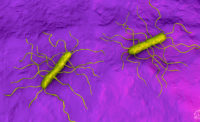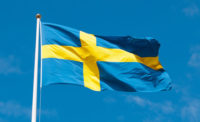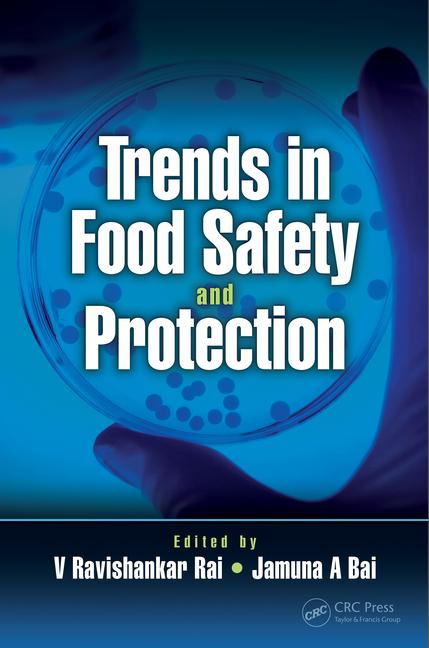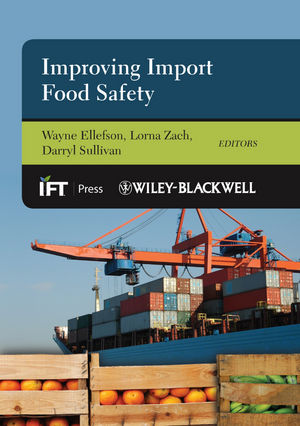Report Finds STEC Infections Decrease Slightly in Europe in 2019

The number of Shiga toxin-producing Escherichia coli (STEC) infections in Europe declined in 2019 slightly, compared to 2018, but is higher than previous years, according to a new report.
For 2019, there were 8,313 confirmed cases of STEC infection reported, but no multi-country outbreaks detected or investigated. In 2018, there were 8,658 similar cases, and 6,455 in 2017.
A large increase in confirmed cases was seen in 2018 and 2019 compared to the trend from 2012 to 2017. The European Centre for Disease Prevention and Control says that a contributing factor might be the shift from culture to culture-independent diagnostic methods, with polymerase chain reaction more commonly used to diagnose cases.
In 2019, Germany had the most confirmed cases with 1,907 and the United Kingdom had 1,587. Together, these accounted for 42 percent of all reported infections. However, both of these countries had fewer infections in 2018.
Denmark, Finland, Latvia, Iceland, and Spain all recorded large increases in 2019 from the year before while infections in Ireland and Sweden declined.
The highest country-specific notification rates were in Ireland, Denmark, Malta, Norway, and Iceland.
Looking for a reprint of this article?
From high-res PDFs to custom plaques, order your copy today!








